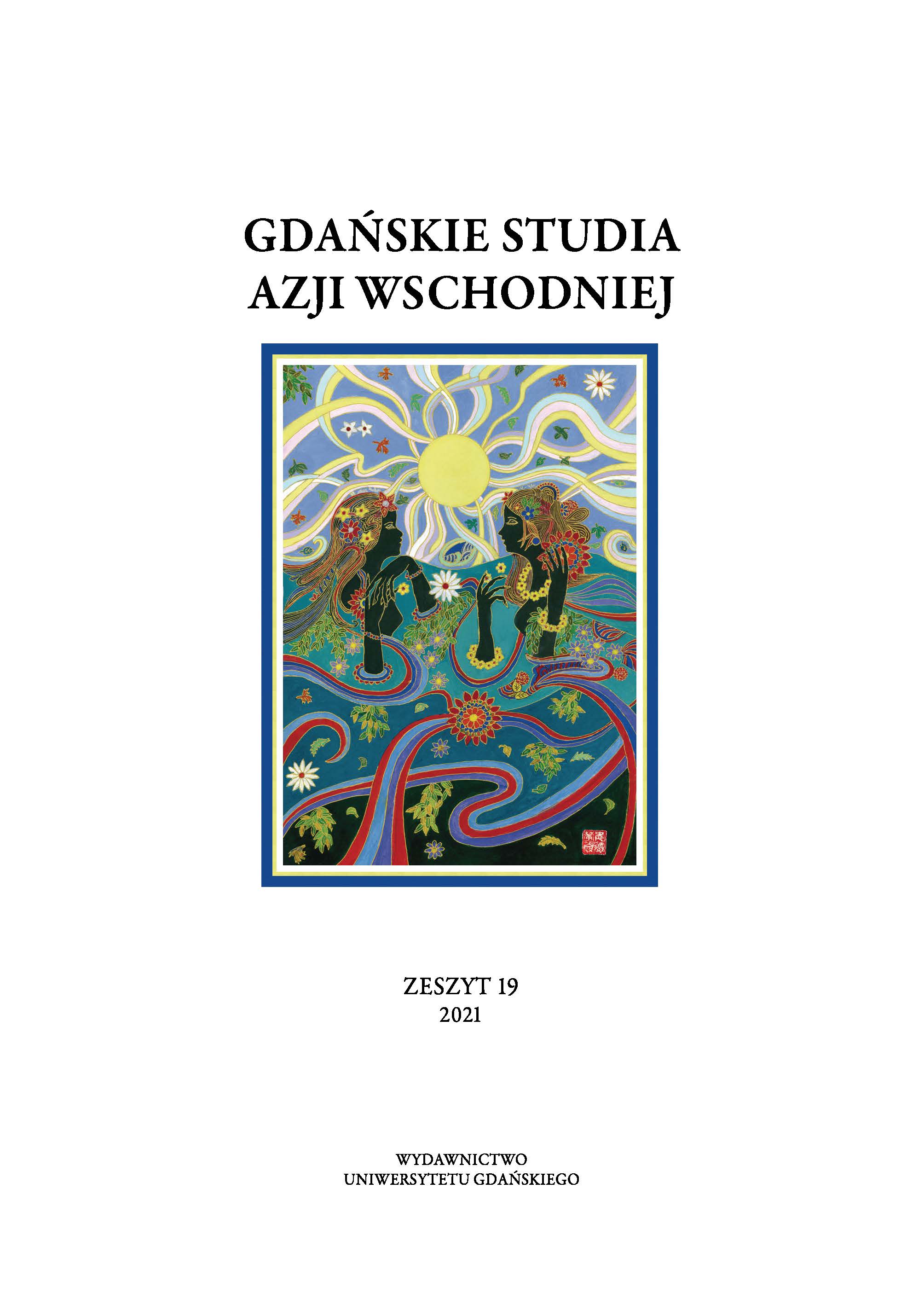Yanagita Kunio (1875–1962). Pionier japońskich badań folklorystycznych
Abstrakt
The Meiji era (1868–1912) pushed Japan towards a modern, industrialized and, most of all, positivist state. This era plays an important role in shaping the ethnographic (anthropological, folklore) thought in the country. However, this is only one side of the coin, a medal which, apart from a gigantic leap in civilization, had a reverse – traditional, familiar, “Japanese” side. Japan went through two important periods of modernization in the years of 1868-1962. From a feudal country ruled by samurai transformed into a country capable of competing with the previously industrially developed colonial powers, and after World War II, giving up imperial ambitions, transformed into a modern state. During the century, numerous changes have occurred in the streets of the Japanese capital. From the carriages, trough automobiles, and finally, after 1945, to the jets flying overhead. It was in such times that the pioneer of Japanese ethnography, folklore or socio-cultural anthropology, Yanagita Kunio, came to live and work. This text aims to present the profile and main theses of this Japanese researcher.

 Uniwersyteckie Czasopisma Naukowe
Uniwersyteckie Czasopisma Naukowe





